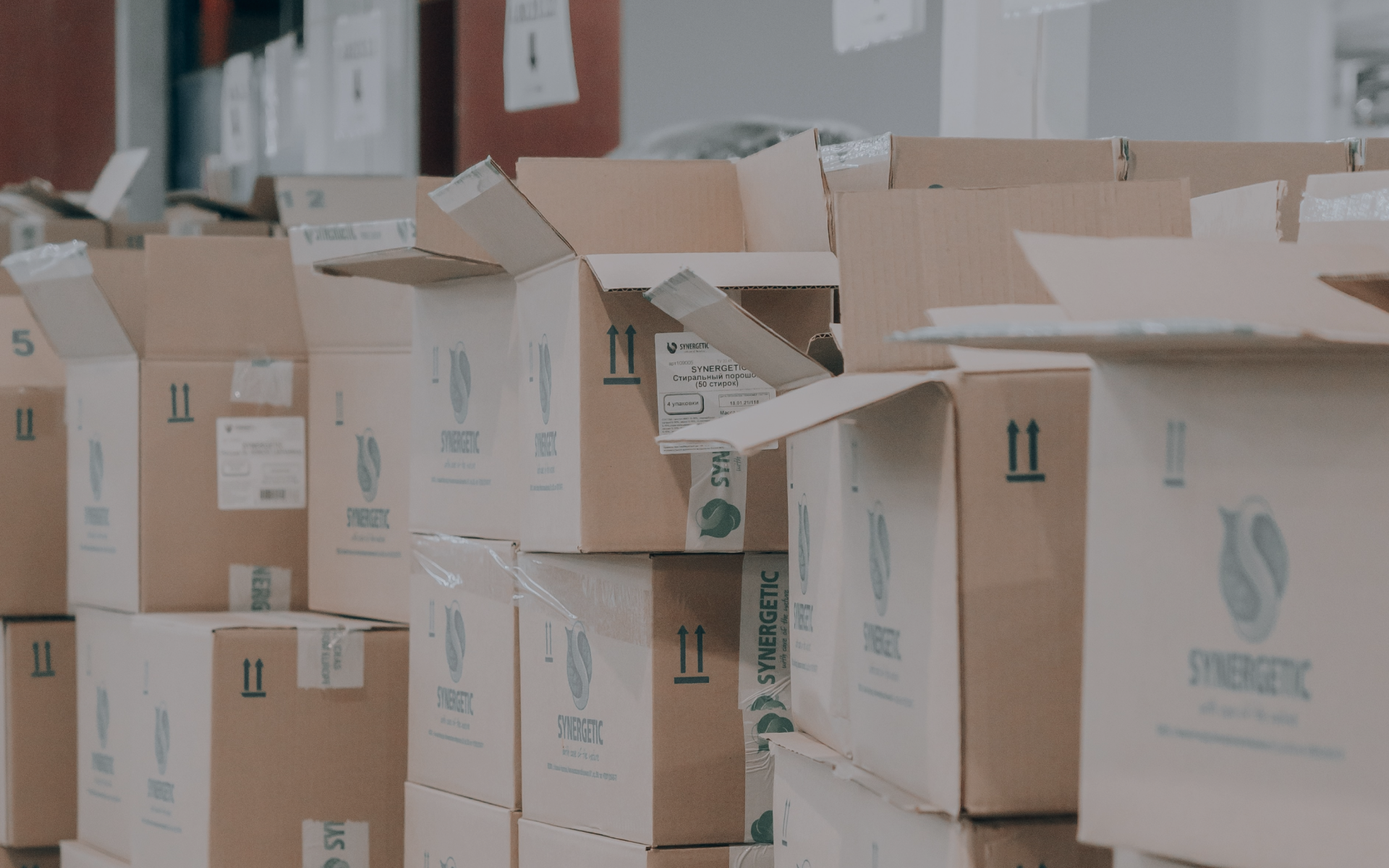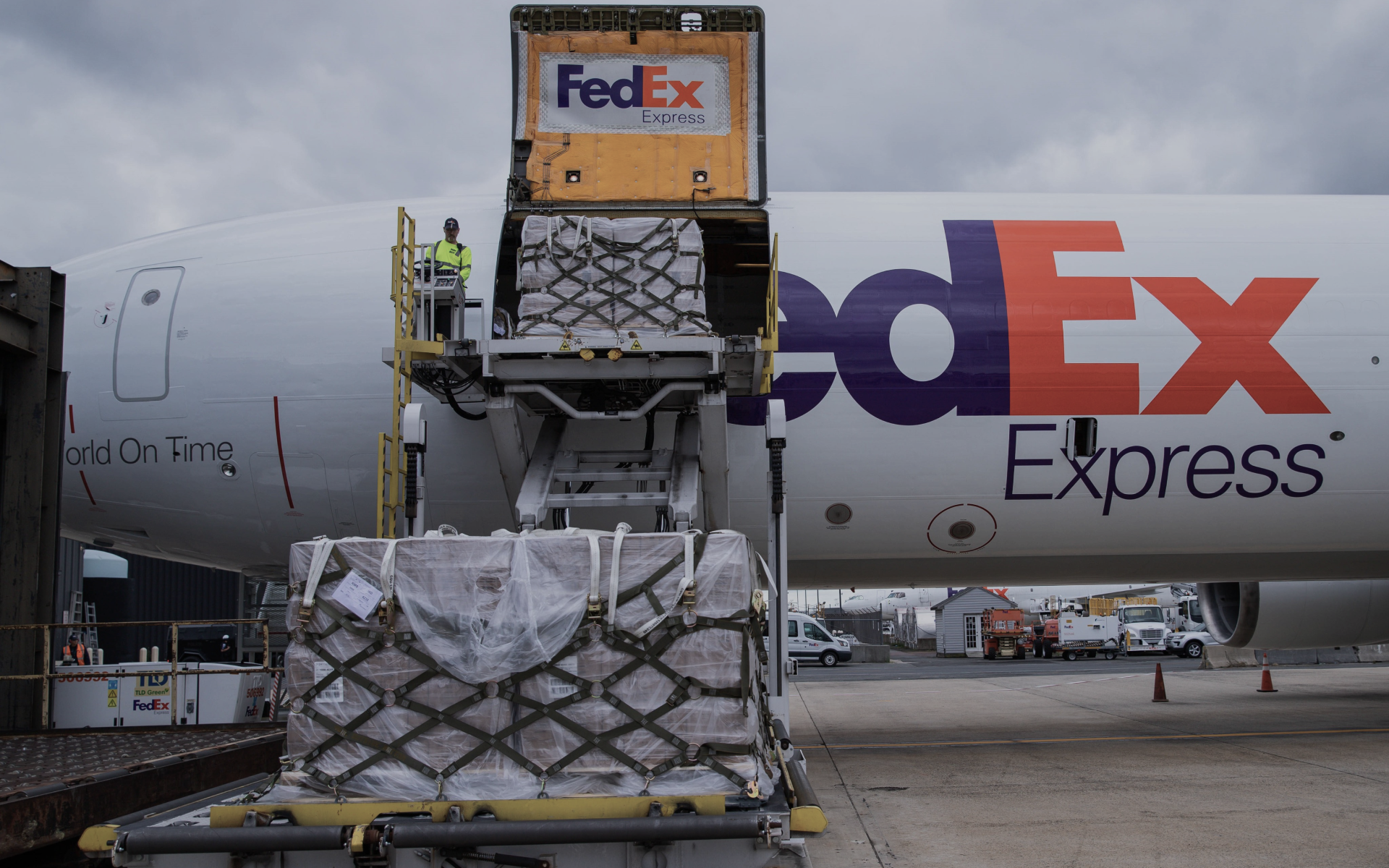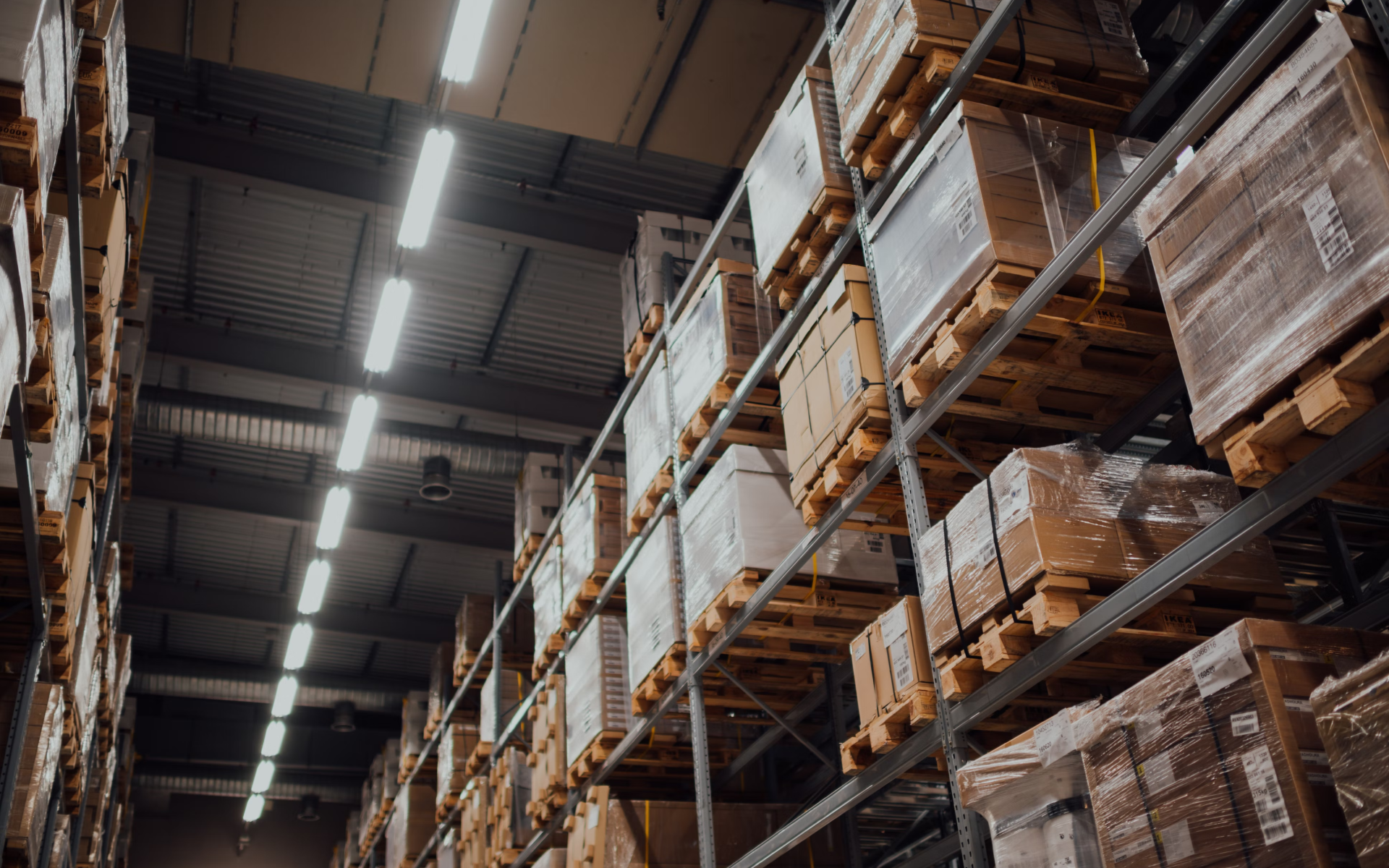Customs clearance of parcels over 150 euros

Cargo: from 100 kg – Air freight via Europe
Parcels and documents: from 0.5 kg – DHL Express, UPS, FedEx, TNT
Customs warehouse: Poland 

Delivery calculator
( 1 ) Sending parcels and freight from Lithuania to Ukraine is quite simple and does not take much time, but only under two conditions. Namely, knowledge of international delivery rules and strict compliance with their regulations. You can handle registration and all the stages of transportation on your own or use the services of a qualified customs broker or logistics manager. Working through an intermediary minimizes the possibility of delay of a parcel or cargo at customs, and therefore makes the delivery process more reliable for you.
( 1 ) Delivery of parcels and cargo from Lithuania to Ukraine is one of the popular directions of the work of the managers of the company «Semero». We are engaged in support and execution of commercial and private parcels, offer favorable conditions of cooperation, and are always ready to consult you regarding any questions you may have. By choosing to work with us, you can be sure that your package will be delivered on time. And in case of any delays, we will do our best to solve this problem as soon as possible.
How do I get a parcel from Lithuania to Ukraine?
There are several main reasons for detaining a parcel:
How can I get a parcel held by customs?
If there are mistakes or missing information in the documents, you need to contact the sender and ask him to correct the data. After that, you have to make sure that the correct information is displayed to the delivery service, and then received by the customs authorities.
Goods and substances that violate the laws of Ukraine may not be brought into the country. Depending on the goods confiscated from you, you may face court proceedings and fines.
Parcels that cost more than 150 euros must go through customs clearance, and their recipient must pay customs fees.
To order a parcel from Lithuania you may need:
The list of documents can be changed or supplemented depending on the place where you purchase the goods, their specificity, and cost.
To receive an international parcel by an individual in Ukraine, the following documents are required:
You can prepare all documents, and receipts and make the payment yourself or use the services of «Semero» customs broker.
Also consider that for physical persons, the limit of 150 EUR includes only the cost of the parcel, for legal persons, in order not to exceed the duty-free limit, the price of the parcel including delivery should be within 150 EUR.
Example of duty calculation for parcels over 150 EUR:
Approximate value of a parcel from abroad 200 EUR
The base for taxation is: 200 – 150 = 50 euro.
Duty: (200 – 150) * 10% = 5 EUR
Value Added Tax (VAT): (50 + 5) * 20% = 11 EUR
Duty + VAT: 5 EUR Duty + VAT 11 EUR = 16 EUR
Total: 16 euros
*Approximate amount of charges – (678,67 UAH) depends on the exchange rate established by the NBU on the date of execution of relevant documents
The cost is calculated based on several factors, which include:
An example of delivery calculation for parcels weighing 10 kg with the size of 50*30*30 cm:
Do the calculation of the volumetric weight in cm: 50*30*30 = 45000/5000 = 9 kg
If the volumetric weight is not more than the actual weight, the cost of calculating the delivery will be the actual weight of 10 kg.
You choose the service delivery: express or economy.
Insurance is usually 1% of the cost.
Packaging is at the expense of the sender.
Make a calculation on the site yourself or send a request for the calculation to the managers of the company «Semero».
Article 235. Prohibitions and restrictions on the transfer (sending) of certain types of goods in international postal and express consignments
Movement of the following goods shall be prohibited:
Prohibited for transport:
It is prohibited to import/export items whose transportation is prohibited by law, regulation, or statute of any state or local government of the country to which or through which the shipment may travel.



